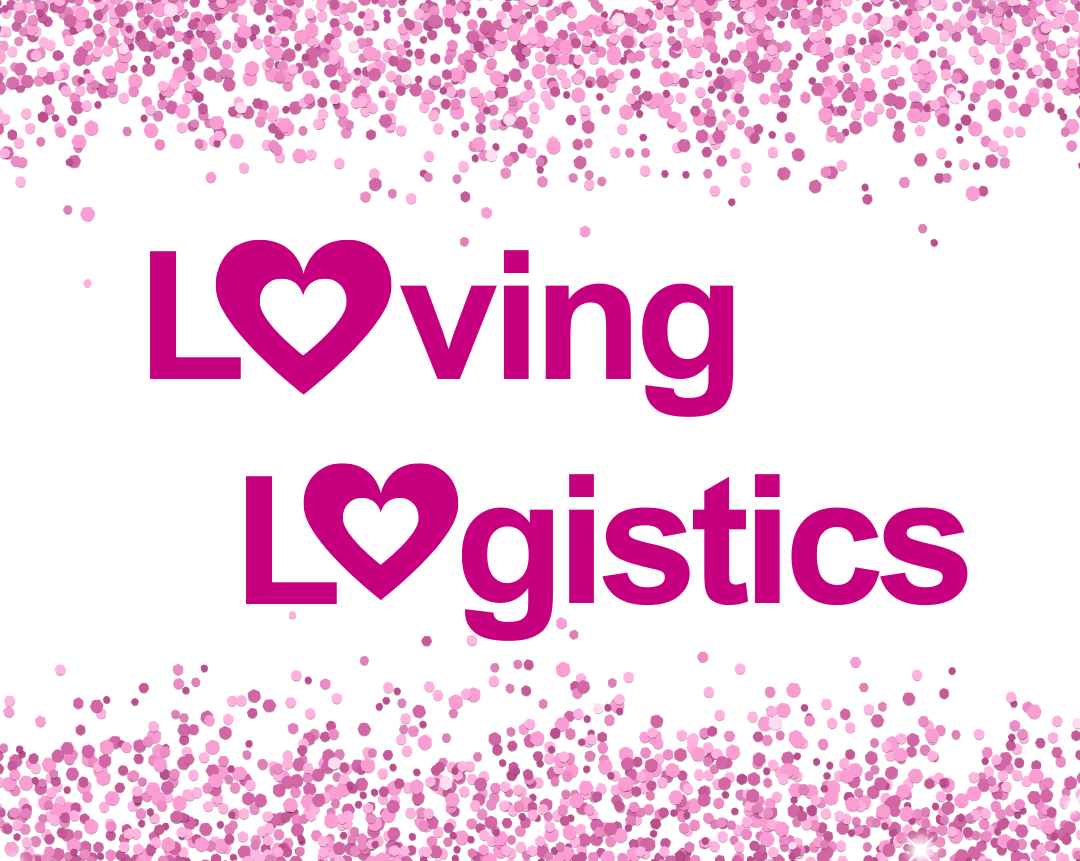Let’s be honest: ecommerce moves too fast for clunky manual processes. If you’re still downloading CSV files and emailing them to your warehouse, you’re already on the back foot. In today’s world, integration isn’t a “nice to have” — it’s survival.
When you outsource fulfilment, the very first thing you should ask is: “Can you integrate with my sales channels?” Because if the answer is anything less than a confident “yes” with a list of platforms, you’re going to run into trouble.
Why Integration Matters
Integration is about more than convenience. It’s about accuracy, efficiency, and ultimately customer experience.
• Real-time sync. Orders placed on your website flow instantly into your fulfilment partner’s system. That means no lag, no missed orders, no frantic end-of-day uploads.
• No double entry. Manual data entry equals mistakes. An integration removes that risk and frees your time.
• Inventory visibility. You see live stock levels, so you don’t oversell and disappoint customers.
• Automated tracking. Customers get real-time updates without you lifting a finger.
Think about it this way: every click that you or your team don’t have to make is one less opportunity for error.
The Essentials
At the very least, your fulfilment partner should integrate with:
• Shopify – still the most popular ecommerce platform for scaling brands.
• WooCommerce – for WordPress-based stores.
• Amazon – essential if you sell on the world’s biggest marketplace.
• eBay – often overlooked, but still massive in terms of customer reach.
Beyond these, a good fulfilment partner should also connect to:
• ERP and accounting systems (Sage, Xero, Netsuite).
• Marketplaces (Etsy, Not On The High Street, Wayfair).
• Analytics and dashboards so you can pull live performance reports.
What Happens Without Integration
I’ve seen it too many times: brands outgrow DIY fulfilment, choose a partner without proper integrations, and end up more stressed than before.
Without integration, you’ll face:
• Delays – because orders have to be uploaded manually.
• Errors – addresses keyed wrong, orders missed.
• Customer frustration – no tracking numbers or delayed notifications.
• Lost sales – overselling products you don’t actually have in stock.
It completely defeats the point of outsourcing.
A Real Example
A growing lifestyle brand I know moved to a “cheap” 3PL that couldn’t integrate with Amazon properly. Every day they had to manually upload orders, and inevitably some slipped through the cracks. Within two months, their Amazon account got hit with late-shipment penalties — and their hard-won seller rating tanked.
They switched to a fulfilment partner with full integrations, and suddenly everything was automated. Orders flowed seamlessly, customers got instant updates, and their seller score recovered. The difference was night and day.
Questions to Ask Your Provider
- Which platforms do you integrate with out of the box?
- How do you handle custom integrations?
- Can I see a demo of orders flowing into your system?
- Do you offer live inventory dashboards?
- What happens if an integration fails — is there support?
Final Thought
Integration is the backbone of modern fulfilment. It saves you time, protects your reputation, and ensures your customer experience is as slick as your marketing.
So when you’re talking to fulfilment providers, don’t just ask “Do you integrate?” Ask “How do you integrate, and can you show me it working?” Because if your partner can’t connect seamlessly to your sales channels, they’re not helping you grow — they’re holding you back.






